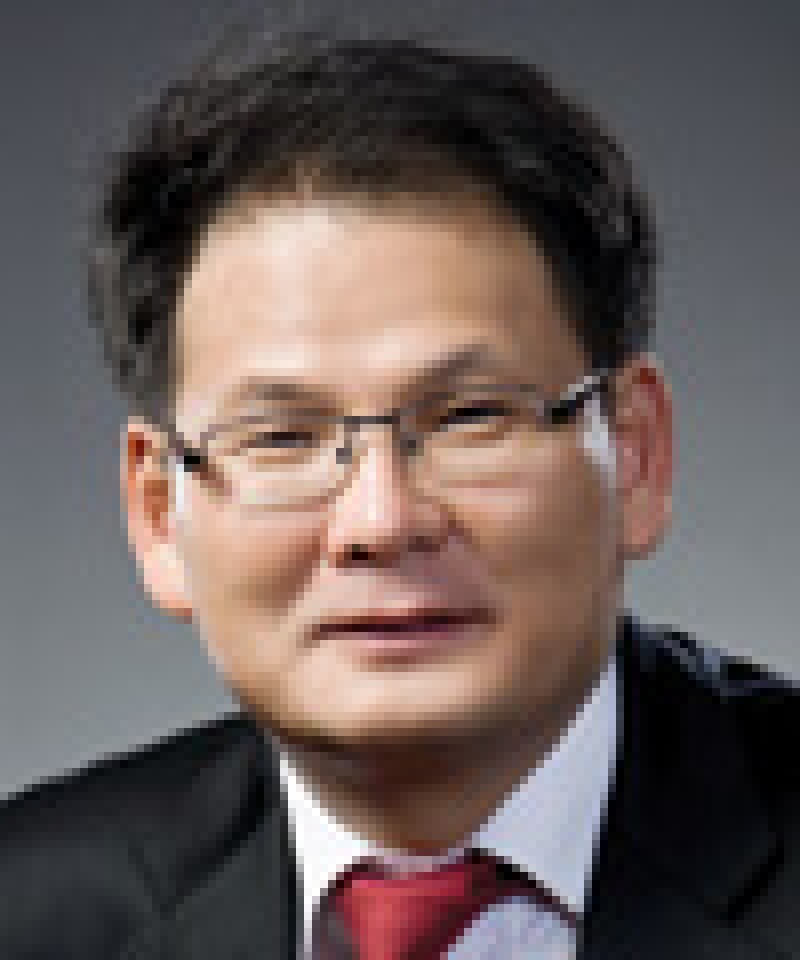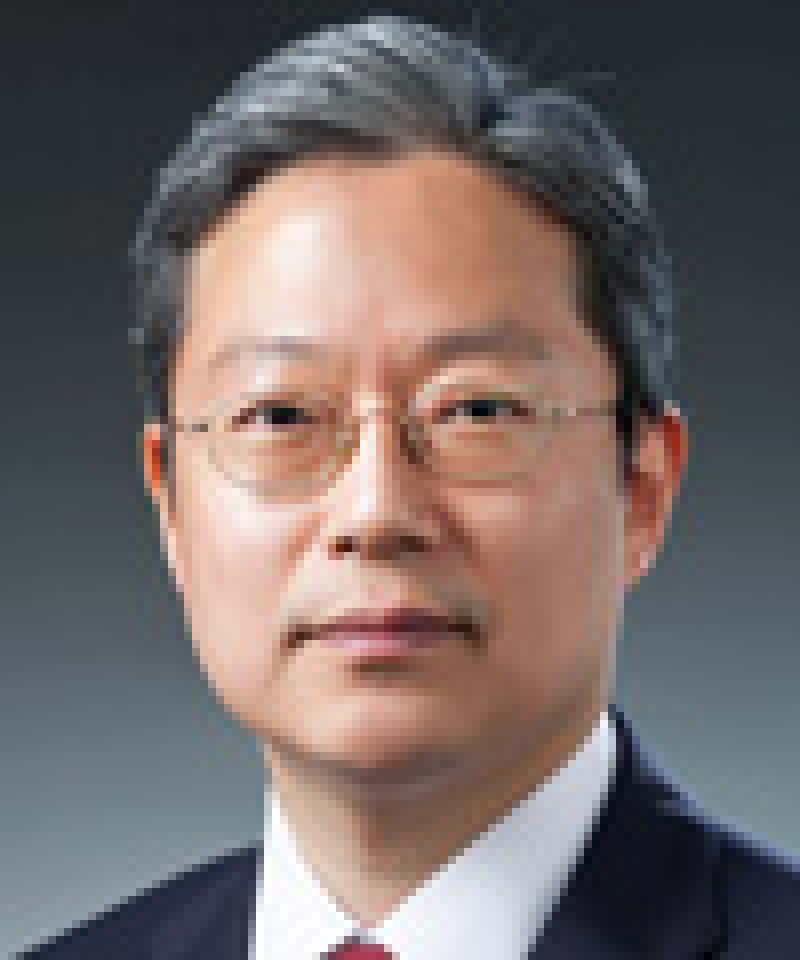
|

|
|
Young Gee Park |
Joseph Hong |
Korea now has free trade agreements with the US and the European Union and thus products imported from the US and the EU enjoy preferential tariffs under the FTAs. To be eligible for the preferential tariff, however, the origin of the products must be the US or the EU. Korean domestic law also provides for rules on country-of-origin determination for domestic regulatory purposes. The International Trade Act (ITA) has rules on which products qualify as goods originating in Korea. On February 13 2014, the Supreme Court of Korea rendered a decision on country-of-origin determination which provides valuable guidance to importers who manufacture and sell finished products in Korea which are made using imported parts and raw materials.
In 2011 DO 10727 (Supreme Court, February 13 2014), lamp parts manufactured in China were imported into Korea. The parts consisted of bulb and ballast that were connected to each other. At the time of importation, country-of-origin marking was not attached to the combination of bulb and ballast. Subsequently, finished products (lamps) were manufactured using the parts imported. During the manufacturing process, bulbs and ballasts were installed on sockets and bases of the lamps, and country-of-origin marking on the lamps indicated that they originated from Korea. The Prosecution Service of Korea later charged the importers for importing lamp parts which did not have the requisite country-of-origin markings on them and for falsely attaching country-of-origin marking on the finished lamps.
In 2011 DO 10727, the first issue dealt with by the Supreme Court was whether it is required to attach country-of-origin marking on the imported lamp parts.
To resolve this issue, tariff classification of the parts must first be conducted. Under Korea's General Rules of Interpretation for tariff classification, if an incomplete or unfinished article has the essential characteristics of a finished article, such incomplete or unfinished article is treated as finished article. In addition, the International Trade Management Regulation (ITMR) under the ITA provides that, if substantial transformation is made to parts or raw materials during the manufacturing process and the parts or the raw materials are imported by the actual user of the parts or the raw materials, then country-of-origin marking is not required to be attached to the parts or the raw materials at the time of importation. Substantial transformation means a change of six-digit Harmonised System (HS) Code during the manufacturing process.
The lower court in this case (Incheon District Court) had held that the combination of bulb and ballast which was imported into Korea cannot be viewed as having the essential characteristics of lamps, should be classified into six-digit HS Code that is different from that for lamps and thus substantial transformation is made to the combination of bulb and ballast during the manufacturing process in Korea (2010 NO 3691, Incheon District Court, July 14 2011). Accordingly, the Incheon District Court held that country-of-origin marking is not required to be attached on the combination of bulb and ballast at the time of importation and thus found the importers not guilty of violating the ITA on this count. In 2011 DO 10727, the Supreme Court fully agreed with the Incheon District Court and upheld the decision by the lower court as to this count.
The second and more important issue dealt with by the Supreme Court was whether the finished lamps qualify as originating in Korea under the ITA. According to the ITMR, if six-digit HS Code is changed during the manufacturing process in Korea and the ratio of the value of materials originating in Korea in relation to the manufacturing cost is 51% or higher, the origin of the finished goods is Korea. The value of materials originating in Korea is calculated by subtracting the cost, insurance and freight (CIF) price of imported materials from the manufacturing cost of the finished goods.
As to the country-of-origin of the finished lamps, the Incheon District Court had ruled that the country-of-origin of the lamps is Korea because there has been a change in six-digit HS Code during the manufacturing process and the ratio of the value of materials originating in Korea in relation to the manufacturing cost was 54~61%. In performing the calculation, the Incheon District Court identified the country-of-origin of each sub-part constituting the imported lamp parts (that is, circuit boards, inductors, diodes and so on) and then calculated the sum of the sub-parts which originated from countries other than Korea.
The Supreme Court pointed out, however that because it is the CIF price of the imported materials that must be subtracted from the manufacturing cost of the finished goods to calculate the ratio of the value of materials originating in Korea in relation to the manufacturing cost, the CIF price must include the price of the parts which initially originated from Korea but were later exported and imported back into Korea as lamp parts. Thus, the Supreme Court vacated the Incheon District Court's ruling on the issue of the lamp's country-of-origin under the ITA and ordered the Incheon District Court to re-determine the issue.
Thus, the key takeaway from this Supreme Court decision is that the importers who manufacture and sell finished products in Korea that are manufactured using imported parts and raw materials must make sure that, in calculating the relevant ratio described above, they use the CIF price of imported parts and raw materials as a whole as opposed to the price of only the non-originating parts and raw materials.
Young Gee Park (younggee.park@leeko.com) and Joseph Hong (joseph.hong@leeko.com)
Lee & Ko
Tel: +82 2 772 4000
Fax: +82 2 772 4001
Website: www.leeko.com









